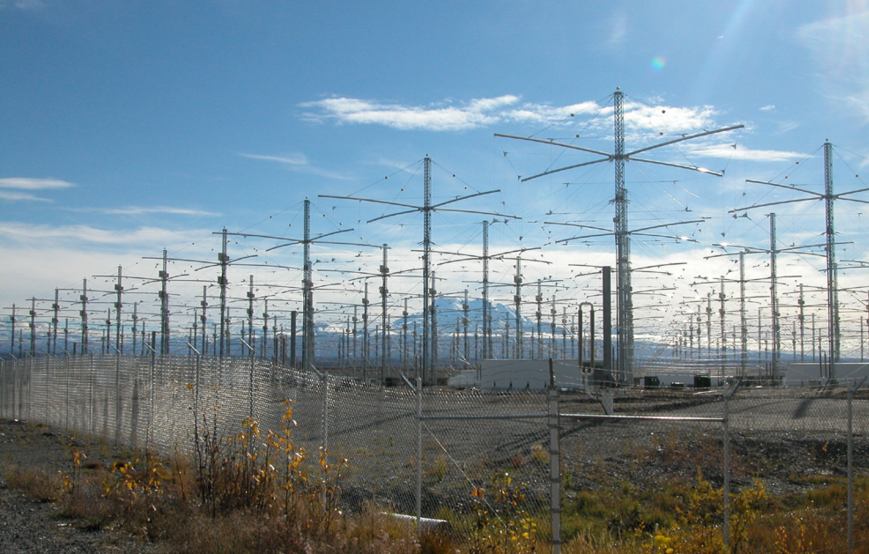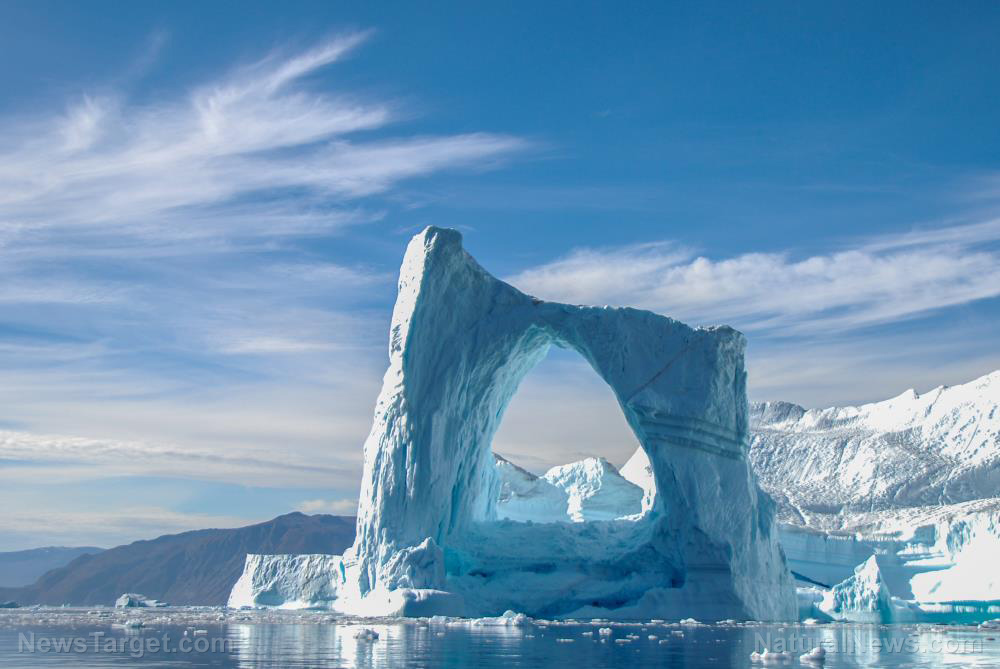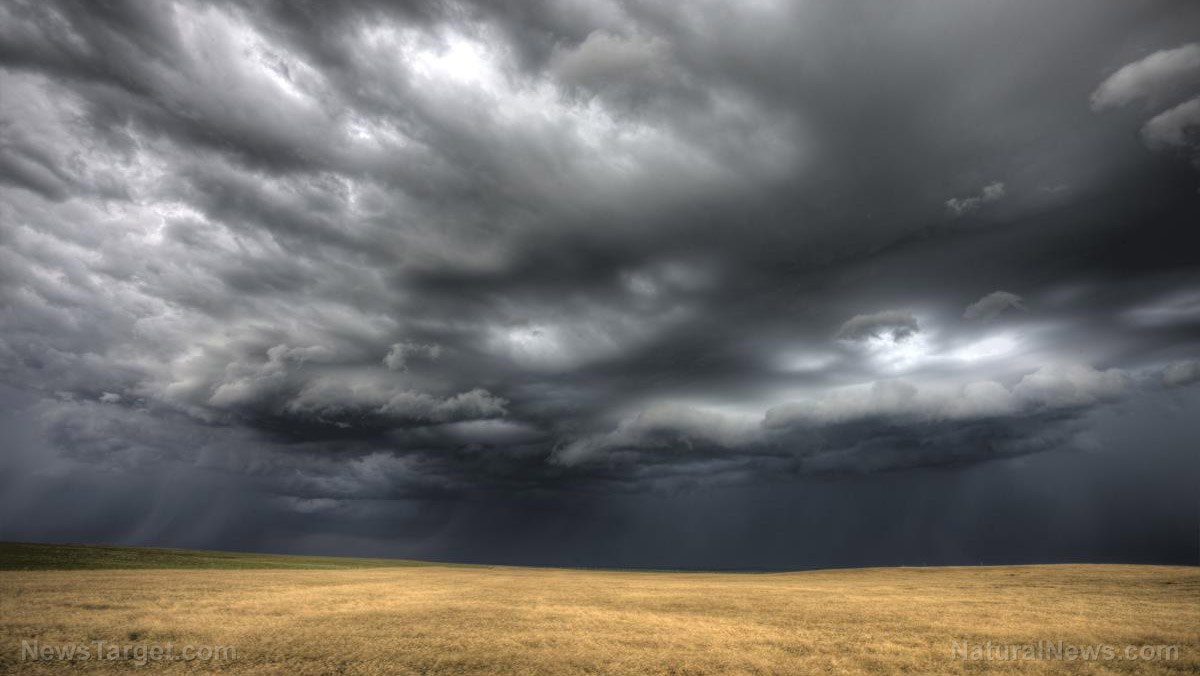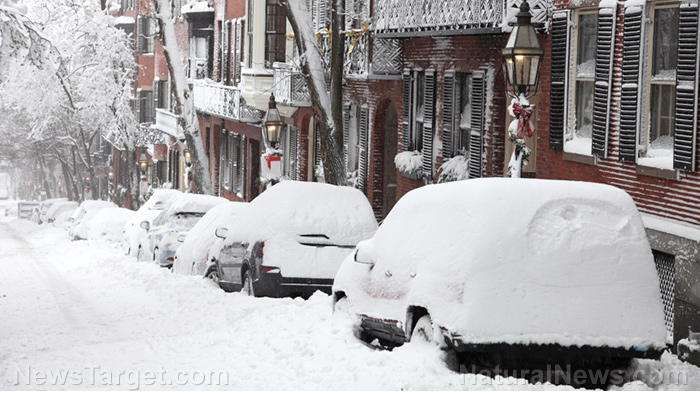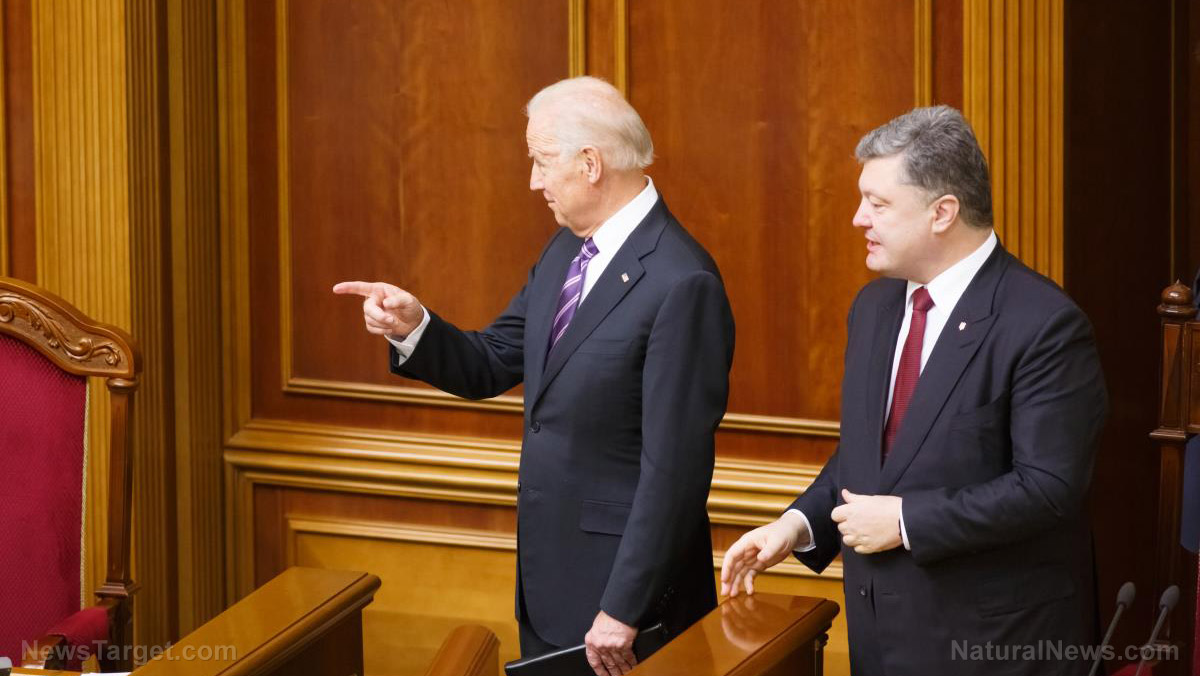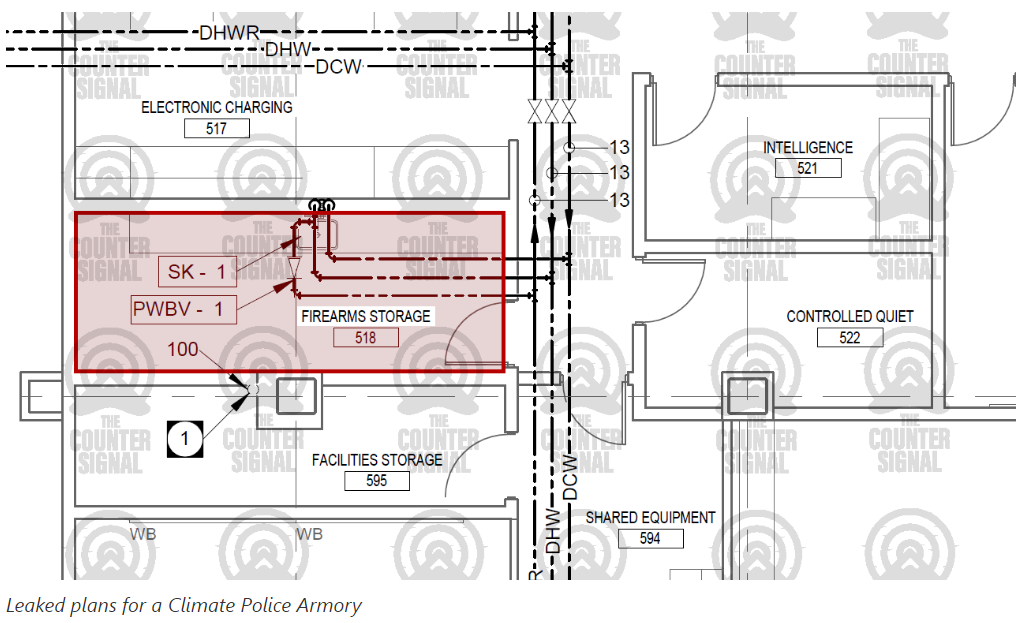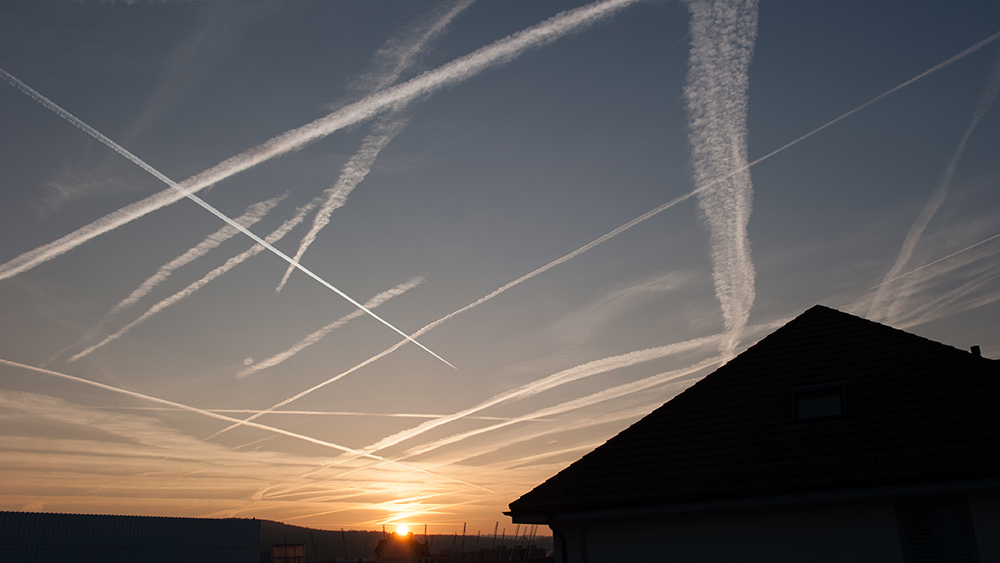Swedish space agency calls off inaugural test of Bill Gates’ terraforming experiment that could doom planet Earth to mass extinction
04/02/2021 / By Nolan Barton

The Swedish Space Corporation (SSC) on Wednesday, March 31, called off a landmark first test of a technology that globalists claim will slow global warming by dimming sunlight reaching Earth. The test was canceled following resistance from indigenous people and environmental groups.
Scientists participating in the Stratospheric Controlled Perturbation Experiment (SCoPEx) had planned to launch a high altitude balloon in June from the northernmost Swedish town of Kiruna, located in Lapland province.
The test flight would have assessed if the balloon could carry equipment for a the experiment. If the balloon proved capable, the next step would have been spreading radiation-reflecting particles 12 miles into the Earth’s atmosphere.
As the media reports, such technology mimics the cooling effect of volcanic eruptions and can supposedly reduce global temperatures – though its potential risks are unclear. This means it might also have catastrophic, unknown consequences for Earth.
The SCoPEx project took inspiration from the powerful 1991 eruption of Mount Pinatubo in the Philippines. The volcano, located in the northern Philippine province of Zambales, launched sulfur dioxide particles into the atmosphere. Those particles lingered in the stratosphere and helped lower the Earth’s temperature by 0.6 degrees Celsius for about 15 months.
Globalists believe the Earth should be cold, not warm, even though “greening” a planet requires warmth and liquid water, not frozen water.
Environmental groups oppose SCoPEx project
Leaders of Swedish environmental groups have written to the government and the SSC to oppose the project. The groups noted in their letter that the balloon flight could be the first step toward the adoption of a potentially “dangerous, unpredictable and unmanageable” technology.
“We appeal to the Swedish government to oppose the SSC’s involvement with SCoPEx’s proposed tests, as they are fundamentally incompatible with the precautionary principle, in breach of international norms and inconsistent with Sweden’s own climate policy framework,” the groups said in the letter.
They stressed that the technology SCoPEx is using has “the potential for extreme consequences” and that “there is no justification for testing and experimenting with technology that seems to be too dangerous to ever be used.”
Critics of terraforming planet Earth — dishonestly called “solar geoengineering” by the fake news media — have argued that the world had yet to understand the repercussions of its use. They pointed out that large-scale stratospheric aerosol injections could do more harm than good. Among the potential risks cited by the critics were damage to the ozone layer, heating in the stratosphere and disruption of ecosystems. (Related: Geoengineering could cause real global warming.)
Leaders of Sweden’s indigenous Saami reindeer herders also wrote to the SSC to oppose the test.
Åsa Larsson Blind, vice president of the Saami Council, said in a statement that such technological fixes were “completely against what we need to do now – transform to zero-carbon societies in harmony with nature.”
Critics call SSC’s decision “really significant” and “a relief”
Critics called the SSC’s decision not to conduct the technical test “really significant.” They fear that the project could set back efforts to cut emissions and threaten food security and nature.
“It shows there is simply no appetite for that technology. We don’t think it needs further research. We know enough about its dangers,” said Lili Fuhr, an environmental policy expert at the Heinrich Böll Foundation in Germany.
Johanna Sandahl, president of the Swedish Society for Nature Conservation, the country’s largest environmental group, called SSC’s decision to halt the planned test “a relief.”
“It’s a rejection of a technology with the potential for extreme consequences that could alter hydrological cycles, disrupt monsoon patterns and increase drought,” she said, terming the techniques “too dangerous to ever be used.”
But those involved in the project had not lost hope. They said that they would use the coming months to try and win over opinion in Sweden and build support for an eventual test.
Harvard University professor Frank Keutsch, who leads the research group of the project, said he shared many of the environmentalists’ concerns. He said the research could help scientists better understand the potential risks of “solar geoengineering” if the experiments are allowed to go ahead. “The risk of not doing research on this outweighs the risk of doing this research,” Keutsch said.
David Keith, part of the SCoPEx project and a professor of applied physics at the Harvard School of Engineering and Applied Sciences, said Sweden’s move was “a setback.”
Keith said the test could move to the U.S. if it would be totally blocked in Sweden, though likely not until next year.
Scientists want U.S. to look into sun-dimming technologies
Some scientists and experts believe such technology might be needed if runaway climate change brings unmanageable threats, and that continuing research keeps options open.
In a study recently published by the National Academies of Sciences, Engineering and Medicine, scientists suggested the U.S. should spend $100-$200 million over five years to look into sun-dimming technologies.
With carbon emissions still rising despite calls for swift and steep reductions, there is a “need for understanding the full range of options for dealing with the climate crisis,” said Chris Field, a Stanford University earth sciences professor and lead author of the study. (Related: Cloud brightening geoengineering suggested by scientists to combat global warming.)
The study was seen by some as opening a door to testing solar geoengineering outside the lab. However, the study also emphasized that geoengineering techniques were not a substitute for emissions cuts to stem climate change.
Follow Terraforming.news for more news and information about efforts to manipulate the weather.
Sources include:
Submit a correction >>
Tagged Under:
carbon emissions, climate change, climate crisis, depopulation, ecosystem, extinction, global warming, mad science, Mount Pinatubo, ozone layer, solar geoengineering, sun-dimming technologies, terraforming, volcanic eruption
This article may contain statements that reflect the opinion of the author
RECENT NEWS & ARTICLES
COPYRIGHT © 2017 CLIMATE SCIENCE NEWS


